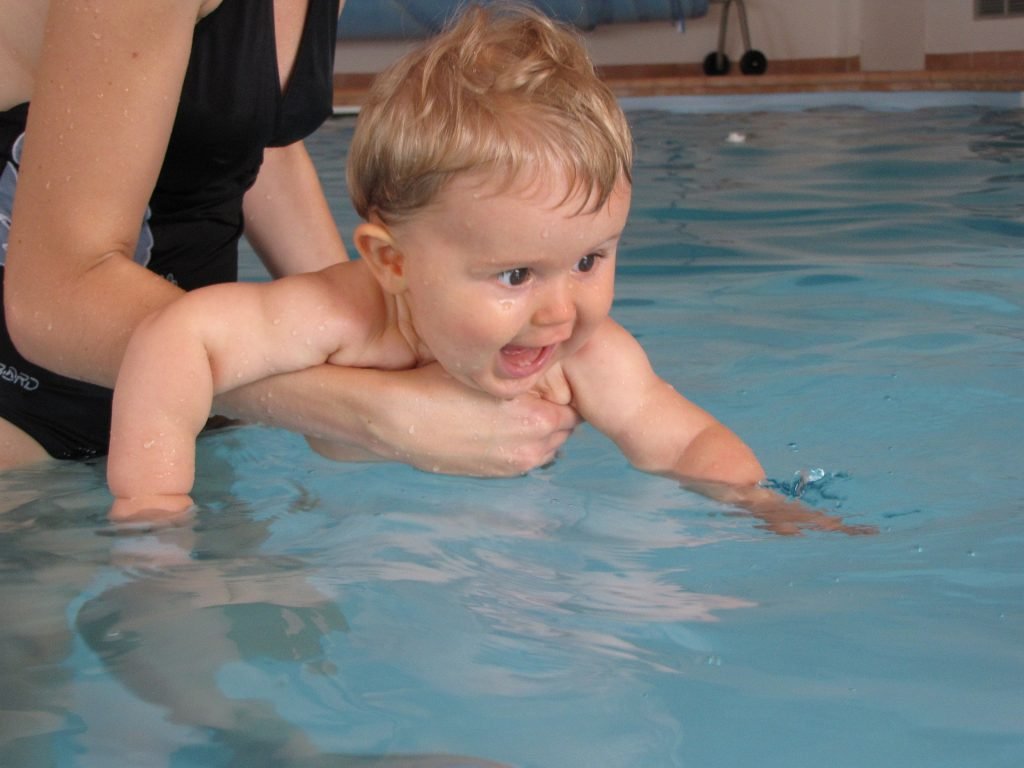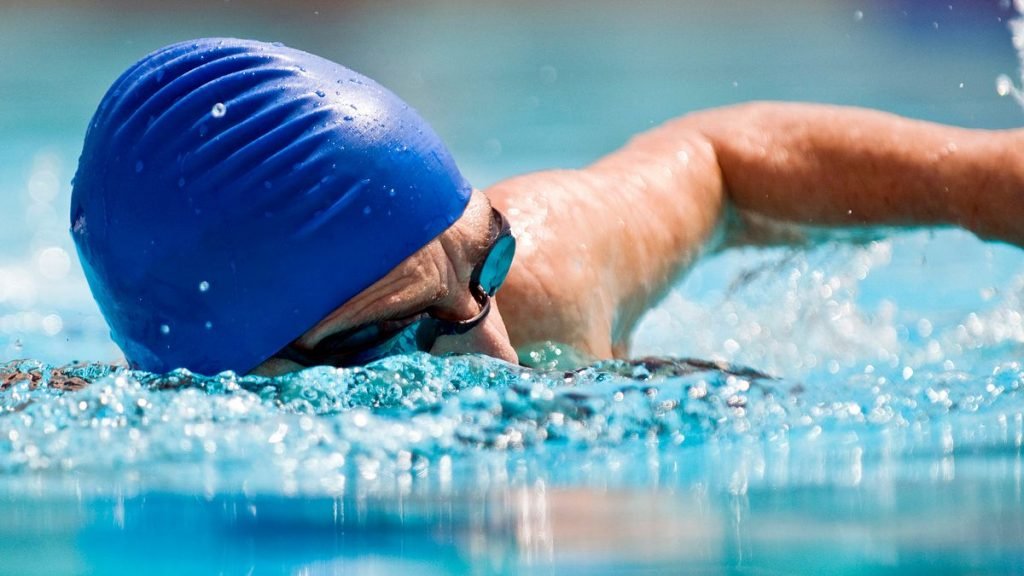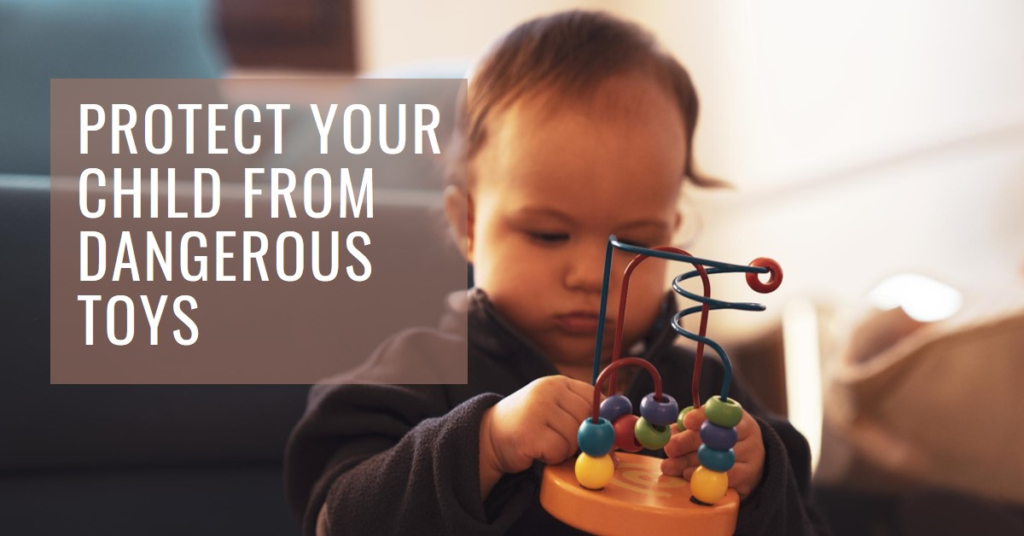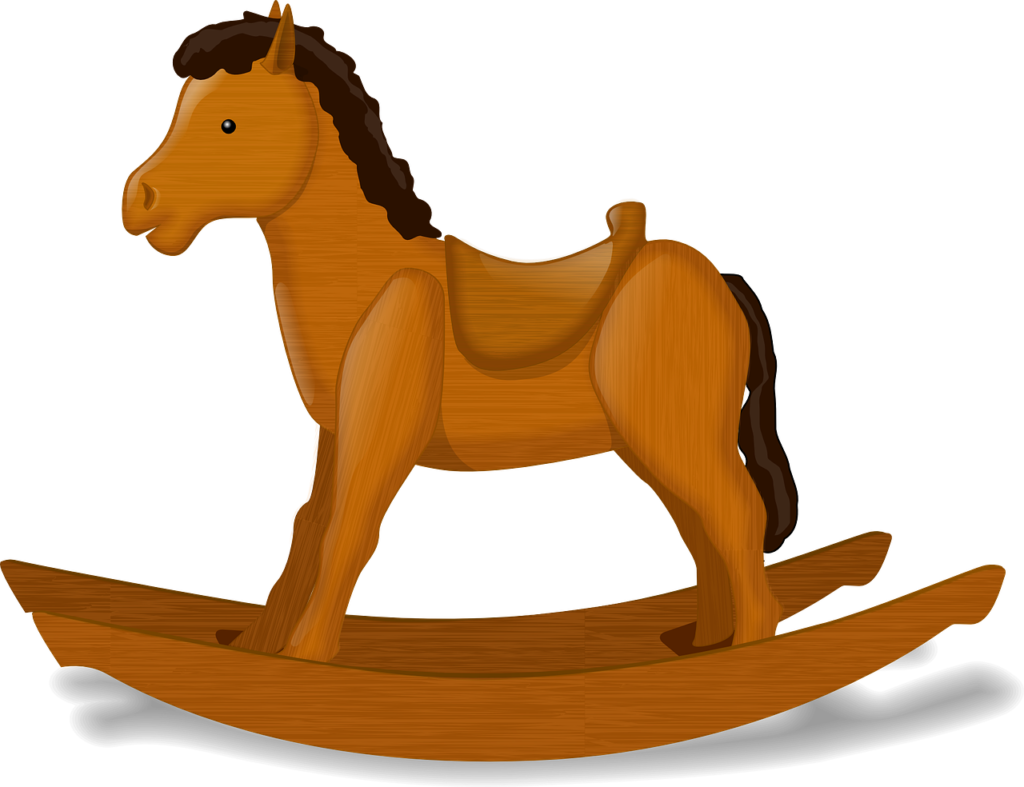baby swimming
Baby swimming with Lifeguard Recertification is a lot of fun to do. It strengthens the bond between you and your child, it is good for his development and you are both in motion. However, it is just a little more organized than when you jump into the water yourself. What do you have to think about?
When baby swim?
If your baby is healthy and growing well, you can start swimming with him from 2 to 3 months old . It is better to wait until then.
Your baby is then still very vulnerable to infections and can not keep itself warm yet . The pool water may seem warm to you, but it feels cold to your newborn . As a result, he can become hypothermic more quickly.
In addition, in a swimming pool there are many incentives for your little one. This can be very overwhelming. When he is 2 to 3 months old, he can process these a little better. Also watch how your child reacts during his first pool visit. Then you know whether he is ready or whether you should wait a little longer with baby swimming.
Was your baby born prematurely or does he have health problems? Consult with your pediatrician when you can start swimming. If your child has a cold or is not fit, it is better to stay at home.
Where to baby swim?

It is advisable to participate in a baby swimming program in a group under expert supervision. You will not only be reassured by the guidance, you will also learn what you can do with your baby in the pool. This way your little one gets to know the water in a playful way. By participating in a group, you also quickly get to know other parents and babies. So cozy!
Baby baths must have a minimum temperature of 31.5 degrees. Preferably the water is 33 degrees. Keep this in mind when choosing a swimming pool. It is also important that you do not swim with your baby for more than 30 minutes. These and other instructions will be given to you if you participate in a baby swim program.
What are you taking with you?
If you go swimming with your baby, bring a swimming diaper for him and a swimming trunks or bathing suit. Don’t put everything on until the pool. You should also bring a bottle of milk, a regular diaper and baby wipes for after swimming.
In addition, bring a towel or large hydrophilic diaper for your little one to dry him off, possibly a bathrobe, and dry, warm clothing. It is important that you wrap your baby well after swimming. Don’t forget your own swimming gear and towel! Also consider a pair of flip flops, as it can get quite slippery in the pool.
Step by step
Let your baby get used to the water step by step. A good way to do that is to take a nice bath at home . Take it easy in the pool too. If you participate in a baby swimming program, you will be guided step by step. If you notice that your child finds it exciting, take a step back. Don’t force anything, swimming should be fun!
It is possible that all the sounds and stimuli are tiring for your child, especially the first time you go swimming. Stop if you notice that your baby is getting tired.
After swimming
After swimming you take a nice shower together . Pay attention to whether your child has not gotten too cold or too hot. It is nice to give your baby a bottle of warm milk or breast milk after swimming . Feeding before swimming is less convenient due to the risk of spitting. It is also wise to rub your baby with oil after drying to prevent dry skin .
Your baby will likely have a full diaper as soon as you get out of the water because he ingested some water while swimming. This is very normal. After showering, changing and rubbing in, he will probably fall asleep! Do not plan any (busy) activities after swimming, your baby will be very tired.
Baby swimming benefits
Swimming is not only fun, but it is also good for the development of your little one. What exactly are the benefits?
- It has a positive effect on your baby’s heart and blood vessels.
- It reduces the chance of infections.
- It promotes his motor development, coordination and perception. Babies who swim are said to develop better balance and grasp than babies who don’t swim.
- Your little one will learn that he can move on his own.
- Swimming together promotes the bond between parent and child.
- You are both on the move.
- It has a relaxing effect, both for your baby and for you.
Research Accredited Online Degree Programs



